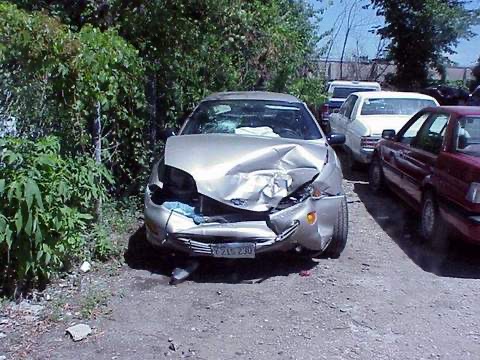Fall 2021 Hybrid/Part-Time Program
In person: Saturdays, 8:30 a.m. - 1:00 p.m. (August 21, August 28, September 11, September 25, October 9, October 23, November 6, November 20.)
Room 290
Office Hours: Monday, 4:00 - 5:30 pm, Wednesday, 4:00 - 5:30 p.m. (Click to make appointment)
Thomas D. Russell
Professor of Law
Attorney at Law (Active in Colorado and California)

Torts, which is about car crashes and civil rights, is a measure of whether and how much we care about each other. Torts is also about how injured persons seek compensation within the system of civil justice. Most importantly, the course covers unintentional torts and the question of liability for negligence.
Torts is a required course because the concepts and methods are fundamental to being able to approach law as a lawyer in a common law country. In this respect, the course is like an introductory course in a foreign language. If you can talk torts, you share a common set of language and concepts with lawyers in the United States, Ireland, Canada, Australia, and the United Kingdom.
Note, however, that this is not a course that will teach you how to practice personal injury law, although you will come away with many practical ideas about doing so. Just learning the basic outlines of this substantive area of law is a sufficient task for a foundational course such as this one. Even so, to the extent possible the course will include highly practical aspects of Torts law.
The course emphasizes the empirical and sociological realities of the operation of the system of civil justice. (That’s academic jargon for “the real world.”) Students should always wonder whether the hype that they hear about the legal system matches what is happening in the world outside the law school.

In addition to focusing upon the empirical realities of tort law, the course also considers some of the theories that explain and/or justify the rules that are supposed to guide tort law and litigation. Consideration of the these rules is divided into topics, including damages, insurance, negligence, duty, causation, defenses, strict liability, and intentional torts.
Students will find their assignments either on this website and in Canvas. Students will also use the Canvas for examination of some course materials and for some class discussions and assignments.